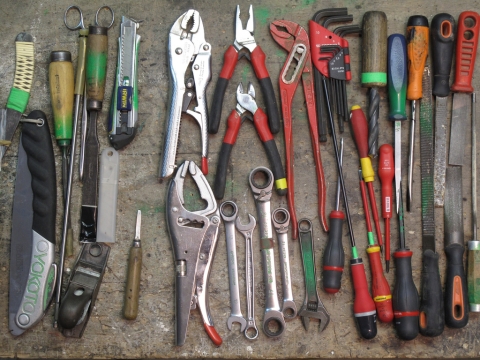
The ICFJ Knight International Journalism Fellows create a culture of news innovation and experimentation worldwide to deepen coverage, expand news delivery and engage citizens in the editorial process. Through that work, they launch web and mobile tools that transform journalism in their regions and spark new opportunities globally.
The tools range from Aleph, software to search large datasets for the names of people and companies, to Push, an Android and iOS app for news organizations that don’t have the time, money or resources to build their own custom code base, to Salama, a security risk assessment web app for journalists. These and the Fellows' other investigative tools can help news organizations everywhere find stories in complex datasets, better distribute their content and keep their journalists safe from online and physical security threats.
Ahead of the 2016 Investigative Reporters & Editors Conference, try out these 10 free, open source investigative tools that any newsroom can use. If you adopt any of these tools or lead any new projects inspired by them, tweet at @ICFJKnight.
This post is also published on IJNet, which is produced by ICFJ.
Main image CC-licensed by Flickr via martin gautron.